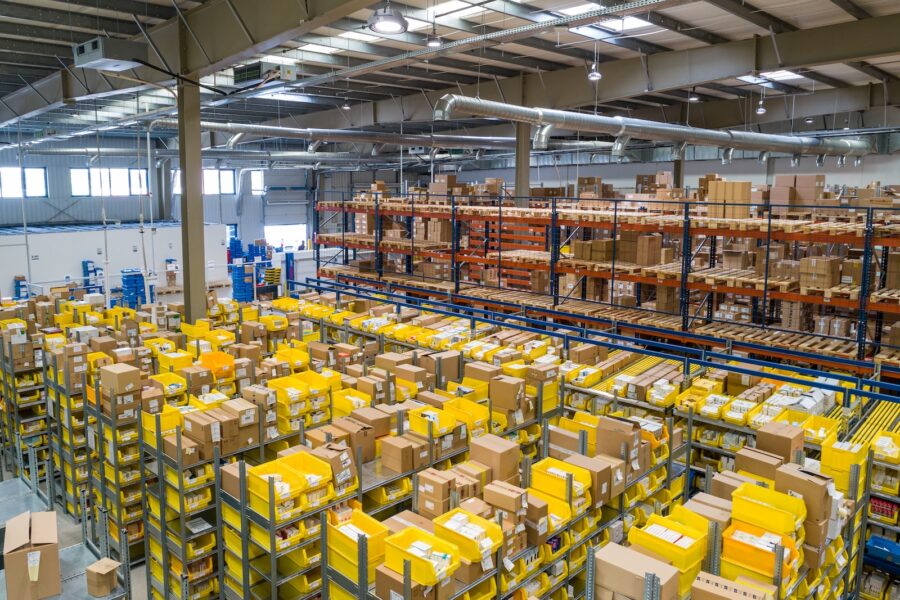Oversized windows, offering ideal natural light. … Fitness centers. … Outdoor work areas.
Don’t look now, but many of the newest factories in America feature items that sound like descriptions on Zillow.com.
To retain employees, many companies are adding amenities to their warehouse facilities. Such is life in 2022, with a labor shortage that seems destined to stretch well into the new year.
Companies are also attempting to lure and retain workers with perks because warehousing has been one of the fastest-growing sectors in the country recently. Increased e-commerce demand driven by COVID-19 lockdowns pushed companies to fill distribution space to get goods closer to consumers, as The Wall Street Journal noted. Warehousing and storage companies added nearly 100,000 jobs over the past year, according to the Bureau of Labor Statistics.
Average hourly pay in the sector rose to $18.38 last year, according to the BLS. Still, many companies simply can’t find enough workers willing to take on the physical demands that warehouse roles entail.
Thus, the new warehouse amenities. The Wall Street Journal reported that retailer REI, for example, is building a distribution center in Lebanon, Tennessee, with skylights, a fitness center, bike storage, and a trail outside for employees to use during breaks.
Still, some are skeptical that added amenities will make much of a difference.
“While perks like fitness centers and natural lighting are nice gestures, they’re not the answer to retaining frontline employees like warehouse workers,” Cris Grossmann, CEO of the Beekeeper platform, told The Food Institute.
Earlier this year, Beekeeper.io surveyed more than 1,800 frontline workers, in part, to identify their key pain points. The results revealed that frontline workers aren’t typically motivated by tangible, physical things as much as new learning opportunities, operational efficiencies, and receiving encouraging feedback from managers.
“Our research also found that the biggest stress factor at work is being understaffed with 34% ranking it as the ‘most stressful’ aspect of work,” Grossmann said. “Similarly, 60% of survey respondents said having fully staffed teams is ‘very important’ to them.”
As the warehouse sector has expanded, questions about the working conditions at such facilities have only grown louder. Case in point: Amazon has become a lightning rod for criticism over the demanding requirements it imposes for work that’s already physically taxing, considering the usual requirements of hours spent walking and lifting, as The Wall Street Journal noted.
Adding a few perks to warehouse work isn’t likely to make a big difference, Grossmann said.
“Rather than assuming what makes them happy, organizations need to listen to their frontline workers and provide them with the resources and tools that will make a significant improvement in their day-to-day lives,” the CEO said.












